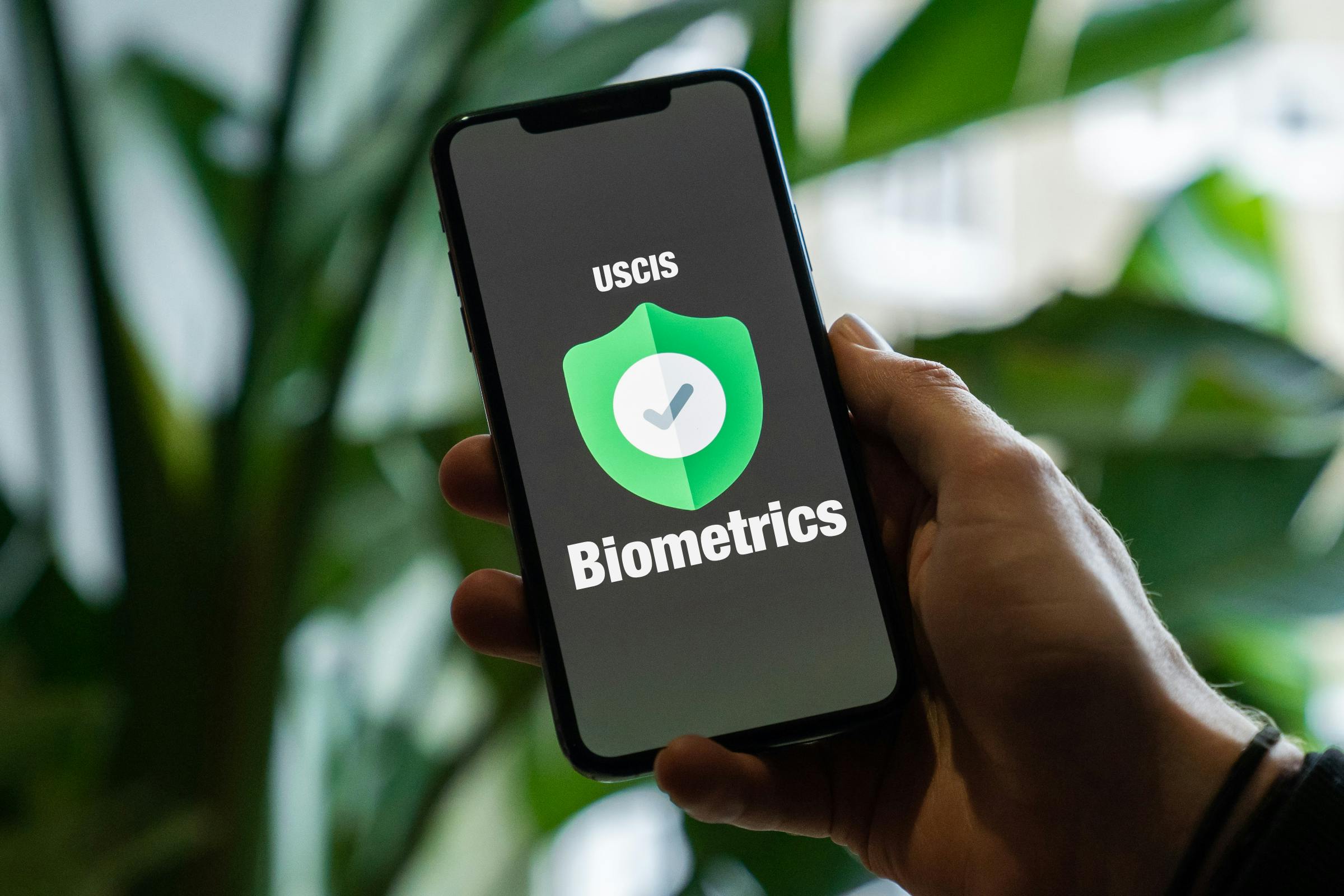Changing the Definition of Employer
The most integral change to the program involves the modernization of the definition of “employer.” Under the proposal, entrepreneurs can use this adjusted term to gain eligibility for H-1B status under their own entity. For the first time, this makes the visa open to startups and other foreign nationals who are sponsored by their company.
H-1B beneficiaries can own a controlling interest of more than 50% of the sponsoring entity. In those situations, the beneficiary’s permissible duties would include anything related to owning and directing the company. This would include non-specialty occupation duties, which is unlike the previous rules. However, provided more than half of the time the beneficiary spends working is devoted to specialty occupation tasks, they may complete any other jobs necessary to run the business.
This proposal was issued by the US Department of Homeland Security (DHS) and the US Citizenship and Immigration Services (USCIS) in October 2023. It’s an exciting potential change for a world where entrepreneurs have begun to become the norm rather than the exception.
Limiting the Job Sponsor Requirement
Another concern for entrepreneurs in the making is the rule regarding initial and first extensions. As a three-year extension and renewal, these periods work well for employers. However, if an individual wishes to enter the US to work for someone for a short period and then go out on their own, three years can be a long time to wait.
With the new proposal, DHS suggests limiting these particular validity periods to 18 months. This limitation benefits those who want to leave their country and have ideas of starting a business but need an initial sponsor to obtain a visa.
What’s Next?
These potential rules are highly exciting for foreign nationals who wish to start their own business in the United States. Currently, the rules remain under proposal and could take months to go through the federal review process and become finalized and implemented.
In the meantime, our skilled attorneys at Visa2US will continue to watch for any news and keep you updated on the policies that could affect your visa as they change.














